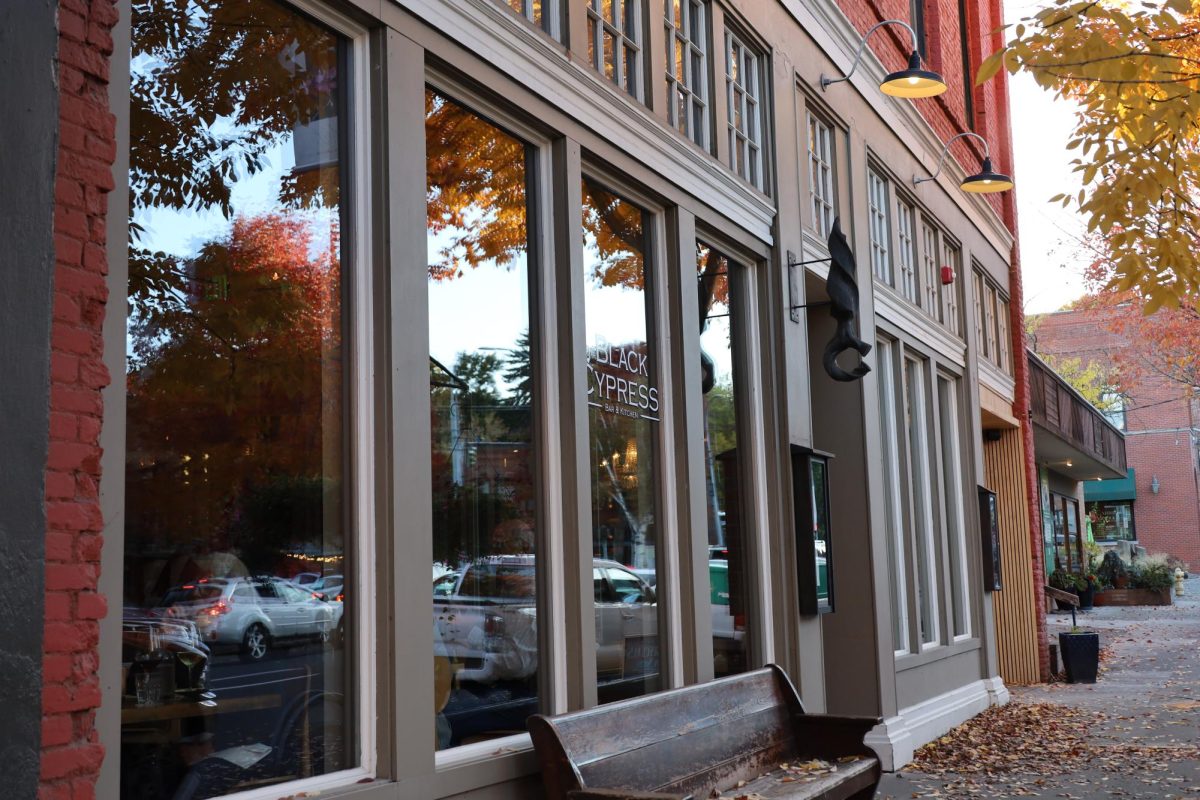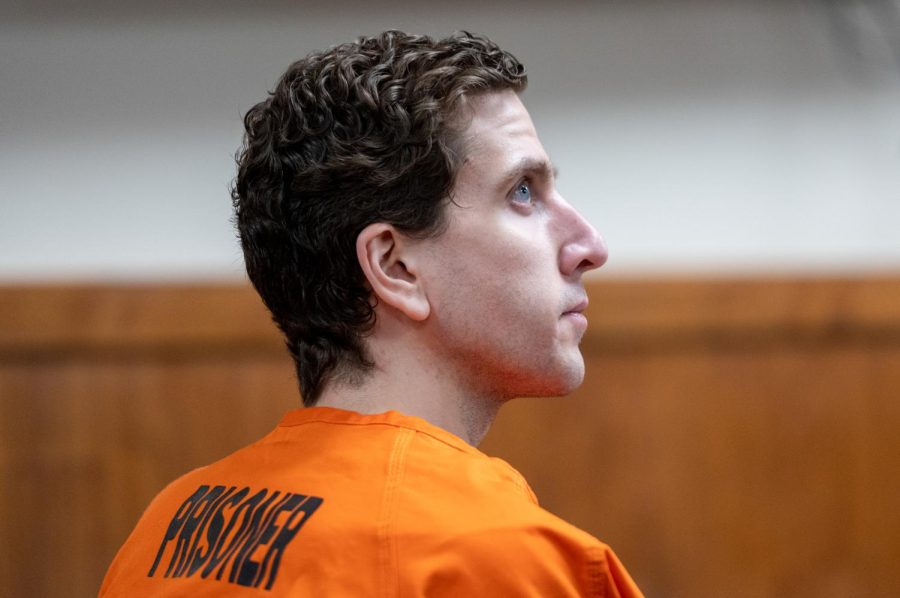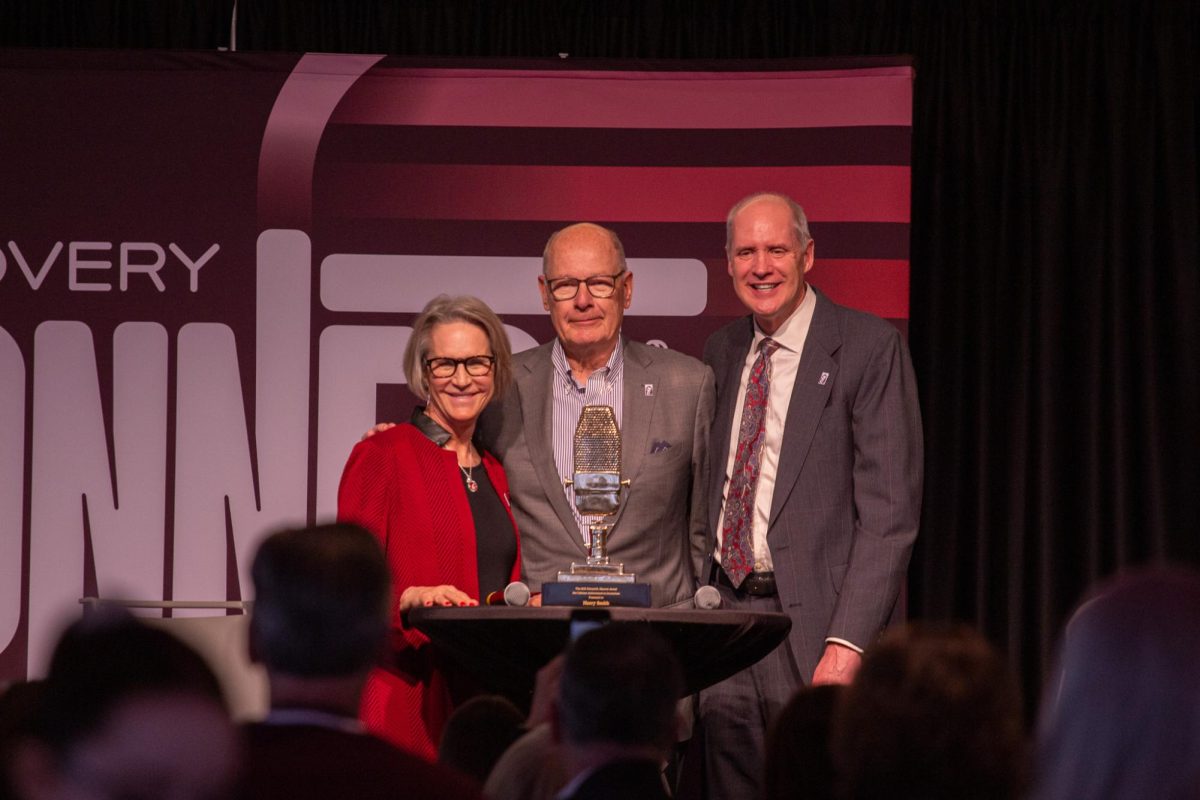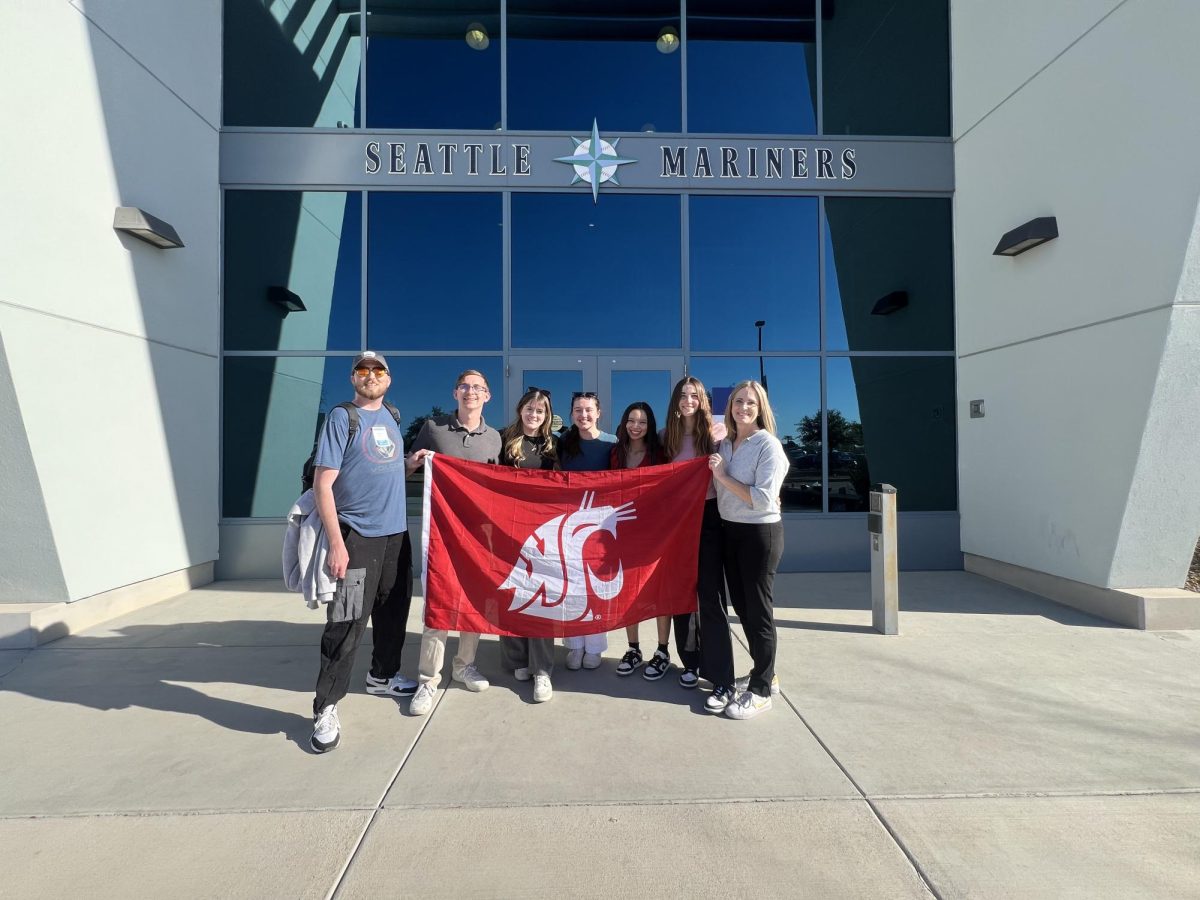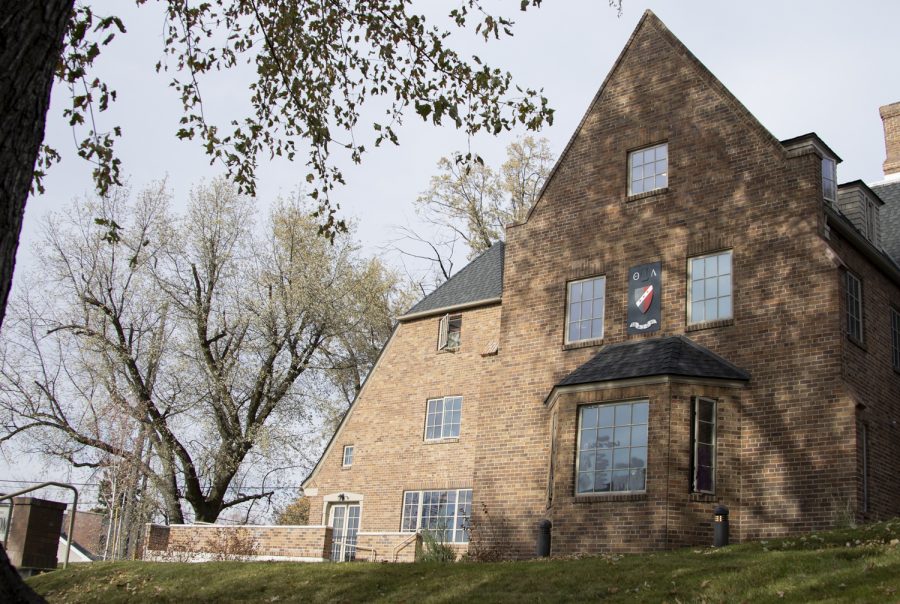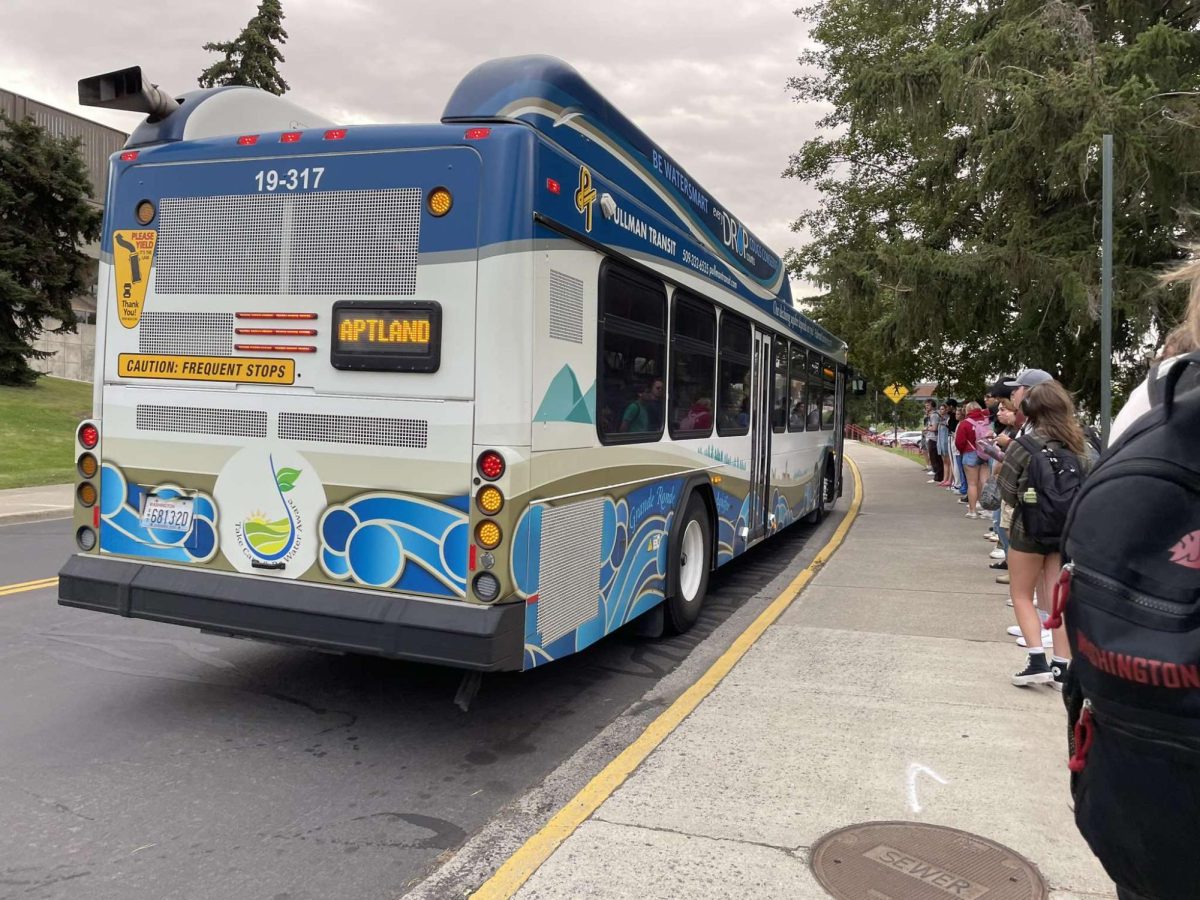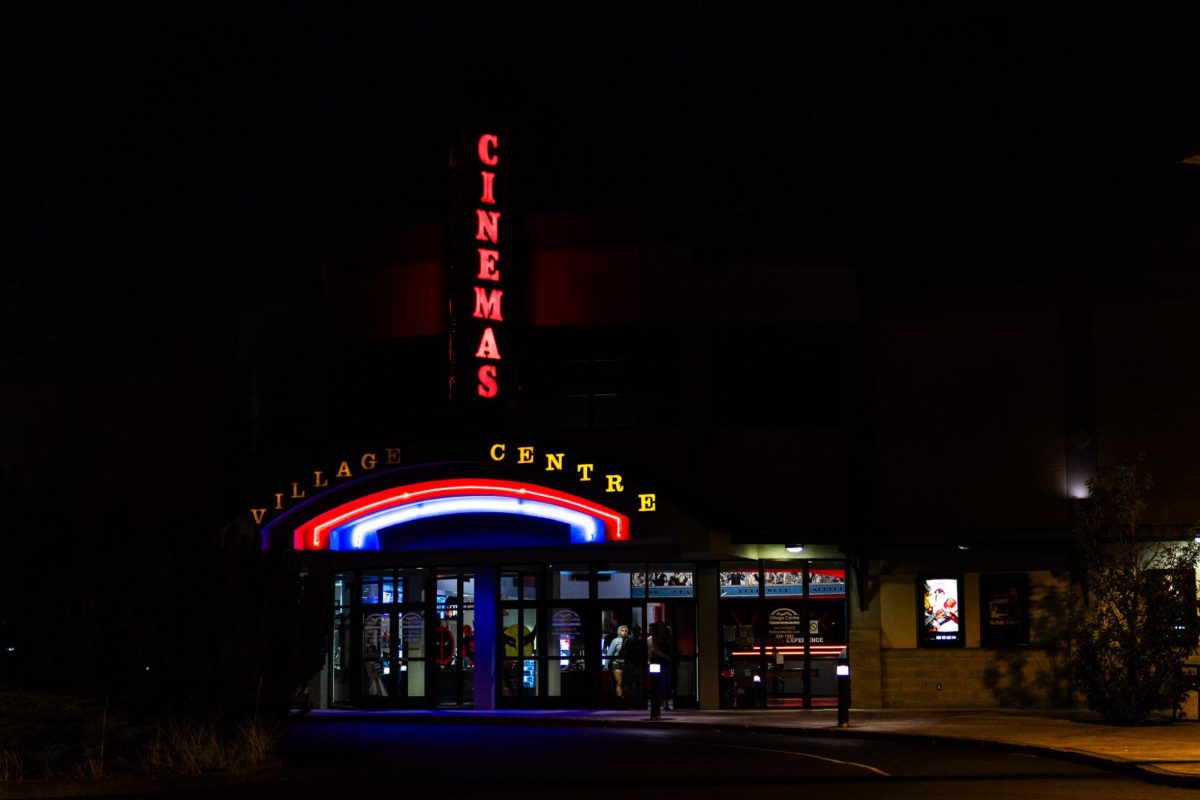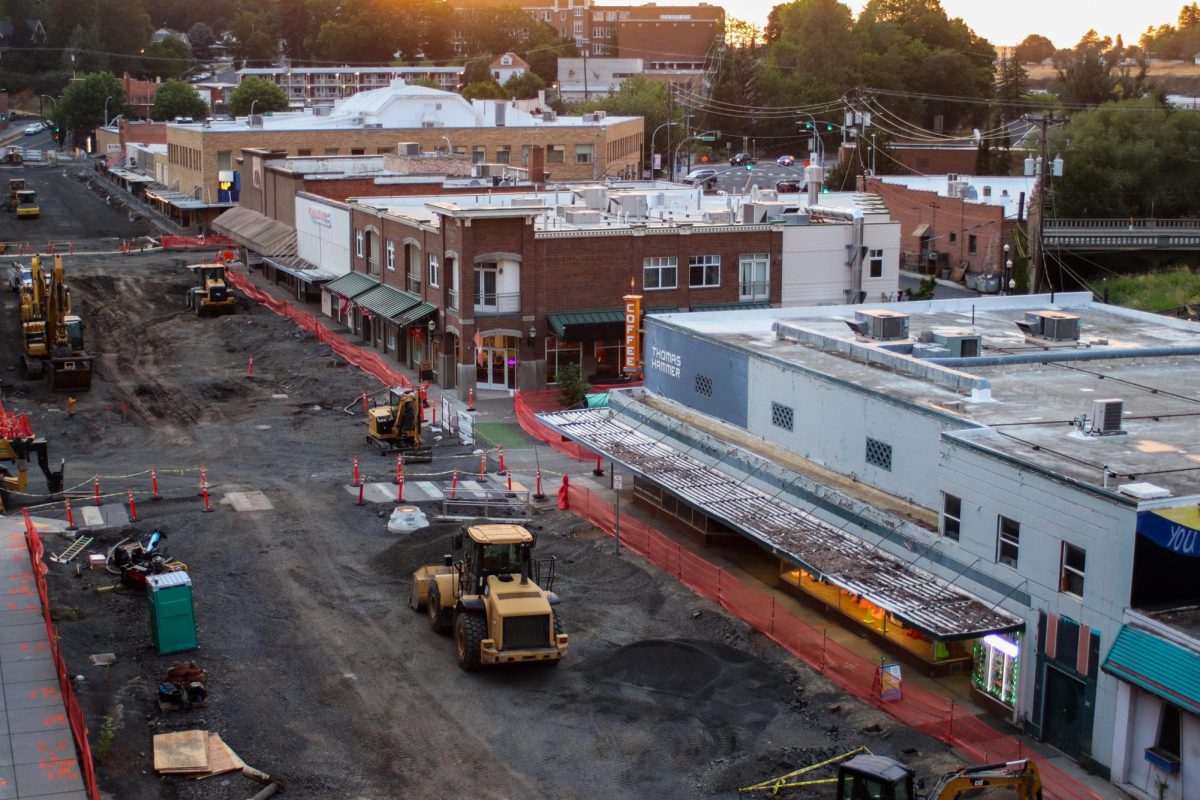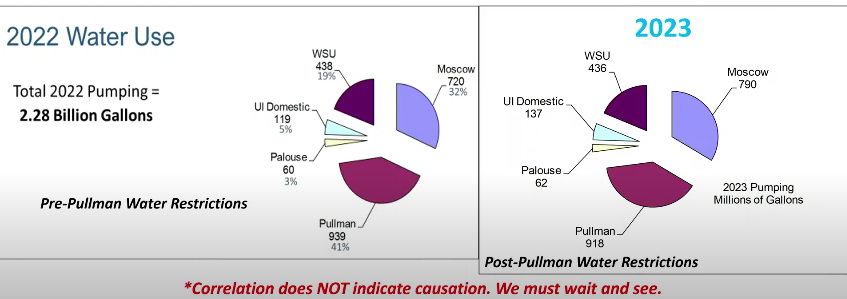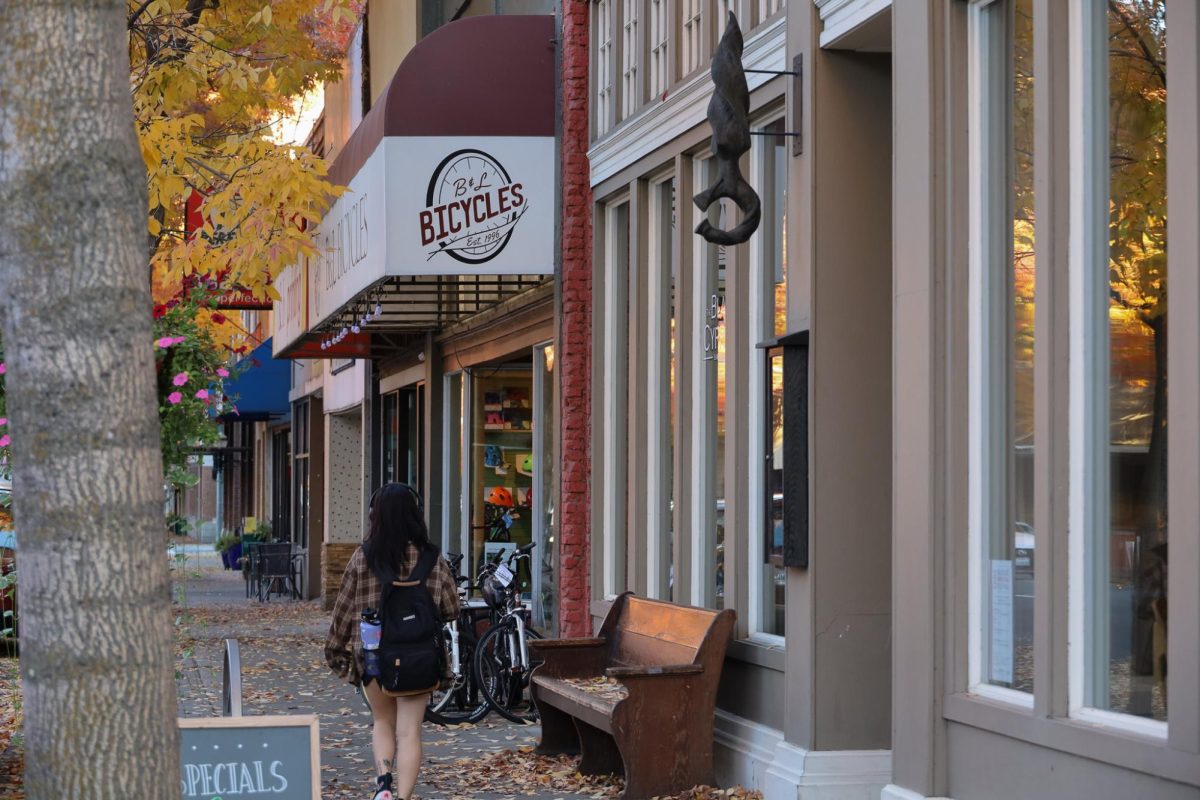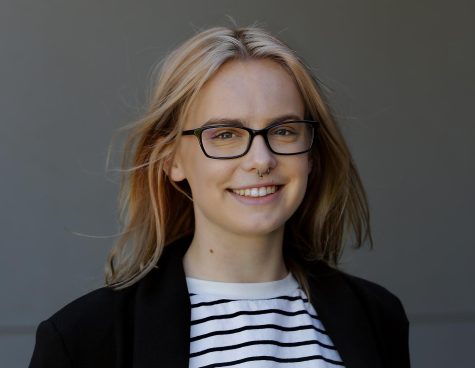The Infrastructure Investment and Jobs Act, which came out in 2021, offers grants for transportation services and other community related investments.
Xianming Shi, civil and environmental engineering professor, said the IIJA is also known as the Bipartisan Infrastructure Law, where the federal government has allocated for funding different infrastructure projects at multiple levels, including the state, county, city and tribal land level.
Shi said there are multiple grants the city of Pullman could take advantage of, and the city is in the process of hiring a grant manager and grant writer.
One of the grants that could apply to Pullman is Safe Streets for All, which is aimed to incorporate creative and more sustainable solutions for new construction, Shi said.
“They could leverage this opportunity to pursue large amounts of funding that would basically transform the city,” he said.
Shi said this is a once in a lifetime opportunity in terms of having federal funding available to help local communities.
“Ideally we want to make downtown more walkable, bikeable and greener, and those things will lead to a better quality of life for residents and that will also help the university and local businesses,” he said.
Black Cypress owner Nick Pitsilonis said this impacts local businesses including his own because the Black Cypress is a busy restaurant, and a more vibrant and busy downtown would positively impact the restaurant.
This would result in Pitsilonis’ ability to add more jobs and put in more services, including lunch and breakfast, if there are more people downtown and the area is more accessible to students, he said.
Upstairs from the Black Cypress is Etsi Bravo, and a more vibrant downtown area would benefit that business as well, Pitsilonis said.
But, while this would positively impact his business, it would impact him personally as well because he lives on the Palouse and is raising his children here, Pitsilonis said. He was born in Greece and has experienced a community where people see the same people over and over again.
“You see these people as human beings, not as avatars online, and you’re forced to recognize their humanity,” Pitsilonis said. “I’ve seen that in the small towns around here, I’ve seen it in Moscow, too.”
Something that facilitates this sense of community is having a space where people want to congregate and sit outside, he said.
“Even if there weren’t a direct benefit to me, I’d still feel highly compelled, simply by the fact that I would be ashamed to look back 10 to 15 years later and say we didn’t do anything in this community when we had an opportunity,” Pitsilonis said. “It’s just such a unique historical moment and historical opportunity.”


